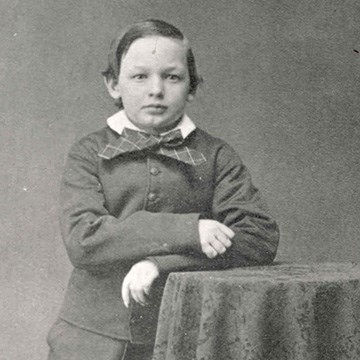Lincoln comes off well in CNN series
- edepstein1
- Mar 22, 2021
- 2 min read
By Edward Epstein
Washington, D.C.
Monday, March 22, 2021

CNN let critics of President Abraham Lincoln have their say in the six-part "Lincoln Divided We Stand" documentary series that wrapped up Sunday night, but in the end he emerged as perhaps the potent central figure in U.S. history who remains key in so many of today's political debates.
The very fact that a major American TV network would devote six hours of prime time to a biography of a single figure shows just how key Lincoln remains today. It is difficult to think of another figure who would merit such attention in a time when race relations and the role of government in a democratic republic are under heated debate.
Lincoln Group member Edna Medford Greene, a Howard University historian, put it best in a clip from the series. "Politicians recognize the power his name still has," she said, "and they use it." Republicans and Democrats invoke Lincoln to back up their opposing philosophies and Republicans delight in reminding us that Lincoln was one of them. Democrats, on the other hand, say if Lincoln were around today he certainly would not be a Republican.
What came through clearly in the series was that Lincoln was a pragmatic visionary who employed a step-by-step approach toward achieving his goals, such as freeing the four million enslaved African-Americans during his presidency. His moves were not always pretty -- the Emancipation Proclamation was offered as a war measure designed to deprive the Confederacy of free labor, not as a humanitarian leap forward, and it applied only to the slaves held in seceded states. But by 1864 Lincoln ran for re-election on a platform calling for abolition everywhere.
His evolving views produced a still-unfinished revolution.
Lincoln critic and CNN commentator Van Jones slammed Lincoln's views on emancipation. "The guy was freeing the slaves to send them back to Africa," he said, referring to Lincoln's support for the idea of resettling freed slaves who volunteered in West Africa or on Caribbean islands. The idea fizzled out.
Jones also claimed that Lincoln was more passive than active in producing the great changes in race relations that occurred during the Civil War. "He's drug (sic) to these positions as he tries to surf the waves and it shows that people can make a difference whether they are in office or not," Jones said, referring to such things as self-emancipated slaves and the clamor among freedman to join the Union army and fight the Confederates.
But would any of those things have happened without the skill and determination of Lincoln?
It is also important to remember that as a deft politician Lincoln had an innate sense of how far public opinion would go and he never got too far in front of the people. And a good politician knows how to appear to bend to public pressure in doing something he or she wanted to do all along.
Historian Allen Guelzo, now at Princeton University, said on the series that despite his critics Lincoln occupies an unequaled niche 156 years after his assassination. "If there is anyone who lived, breathed and walked the basic ideas around which America is built, it was Abraham Lincoln," Guelzo said.
An audio-only version of the series is available for free at cnn.com/audio/podcasts/lincoln.



Comments